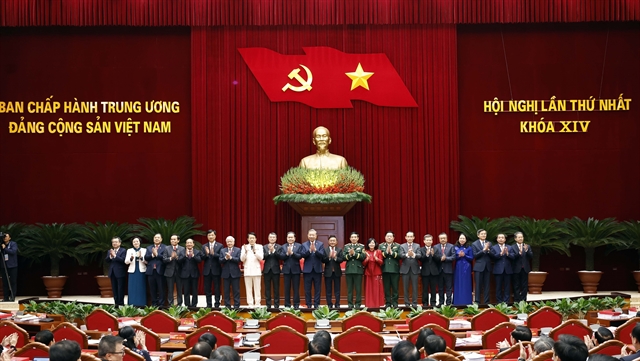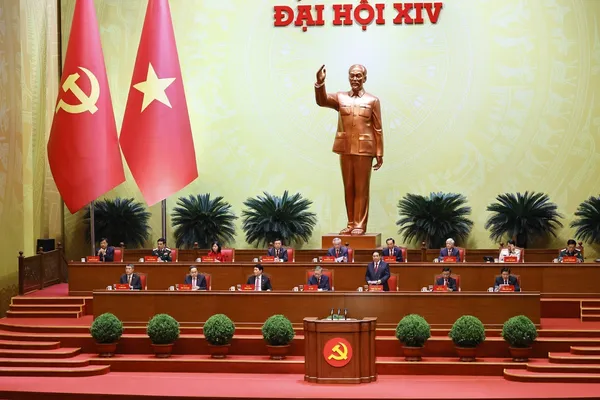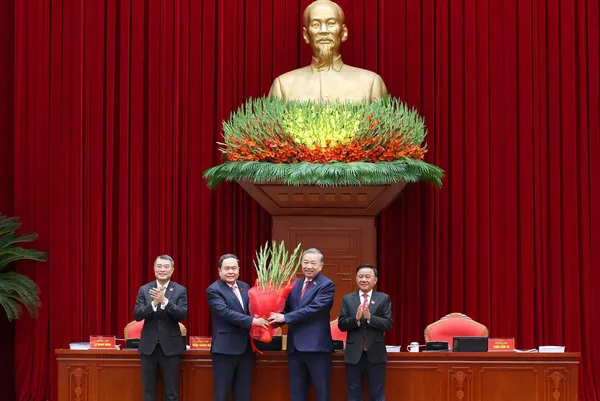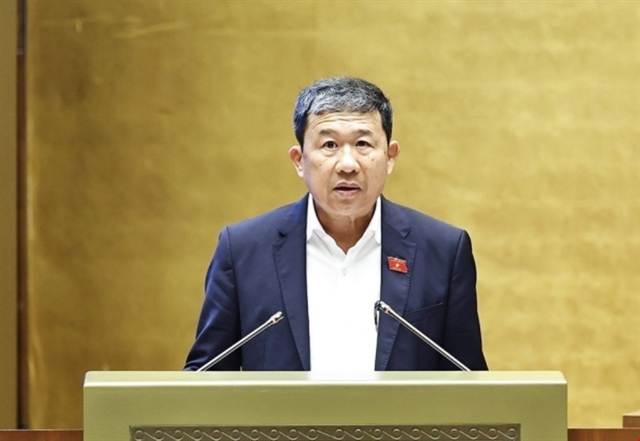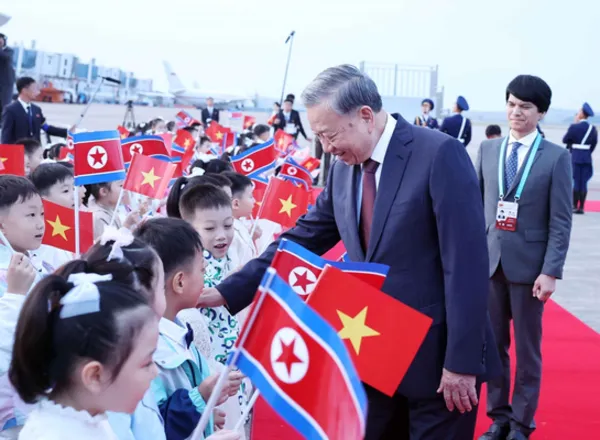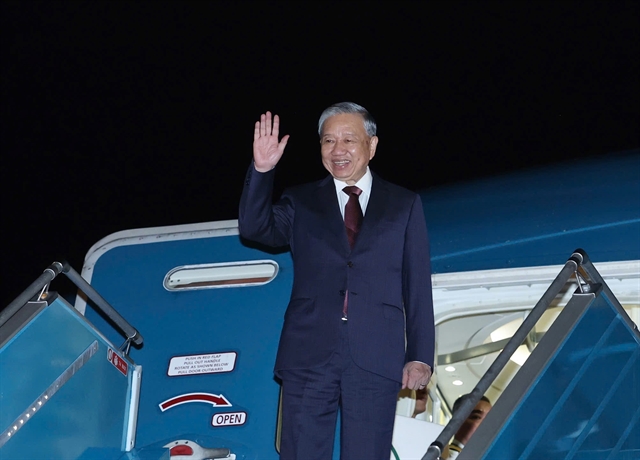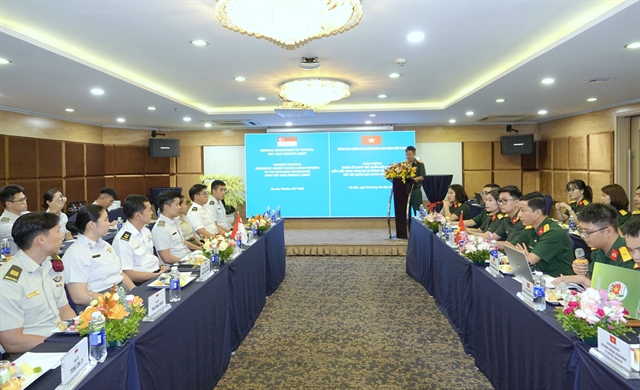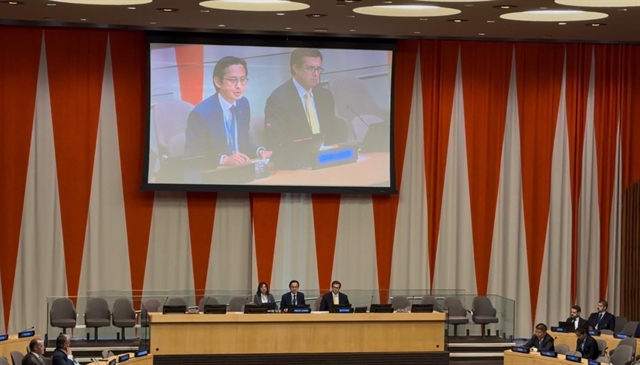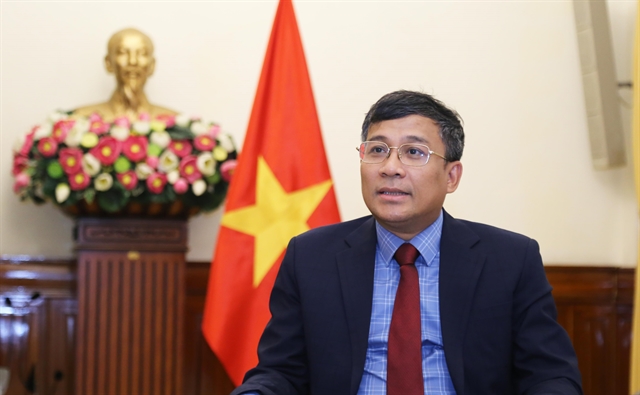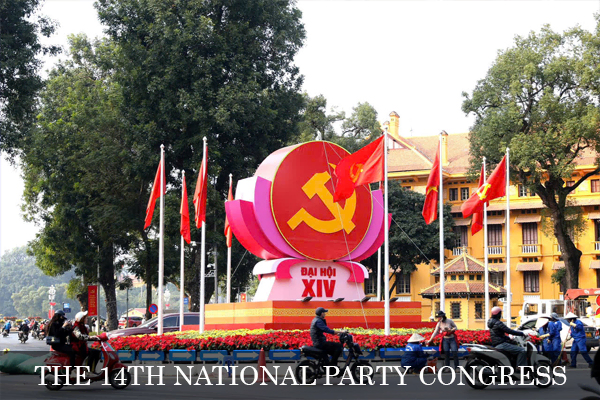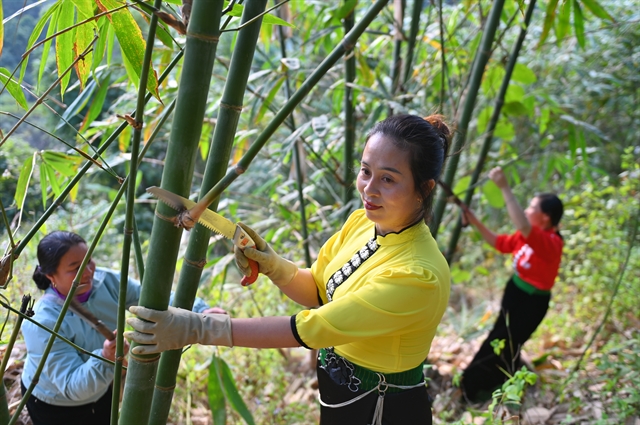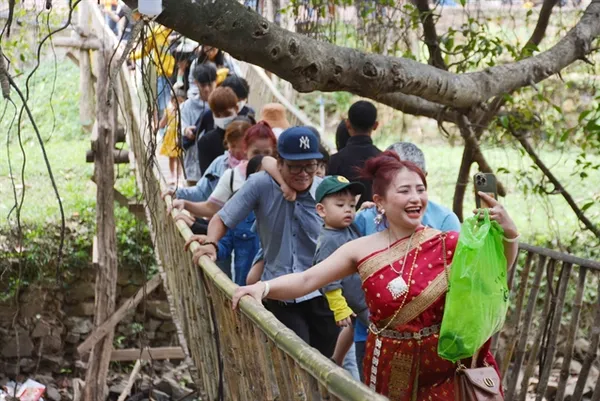
 |
by Vũ Vân Anh, LL.M.
While adoption creates a lasting bond between parents and a child, Vietnamese law allows this relationship to be dissolved in certain circumstances. Below is what the involved parties should know about the grounds and procedures for termination of adoption.
Under Vietnamese law, in what circumstances can an adoption be terminated, and who is entitled to apply for termination?
According to Article 25 of the 2010 Law on Adoption (the Law), an adoption, whether domestic or intercountry, may be terminated in the following cases:
- The adopted child has reached adulthood and both the adoptive parents and the adoptee voluntarily agree to terminate the adoption;
- The adopted child is convicted of intentionally infringing upon the life, health, dignity or honour of the adoptive parents; mistreating or abusing them; or committing acts that dissipate their property;
- The adoptive parents are convicted of intentionally infringing upon the life, health, dignity or honour of the adopted child; mistreating or abusing the child; or
- The adoption violates the prohibitions specified in Article 13 of the Law, such as abusing adoption for personal gain, labour exploitation or sexual abuse; using adoption to commit acts contrary to law, social morality or Vietnam’s fine cultural traditions; exploiting adoption for child abduction or trafficking; falsifying documents; or discriminating between biological and adopted children, among others.
Under Article 26 of the Law, those entitled to request termination of an adoption include the adoptive parents; the adoptee, if he or she has reached adulthood; the biological parents or guardian of the adopted child; and relevant authorities of Vietnam.
All rights and obligations between the adoptive parents and the adoptee cease from the effective date of the court’s decision to terminate the adoption.
If the adoptee is a minor or an adult who has lost civil act capacity or is unable to work, the court will assign that person to his or her biological parents or another individual or organisation to ensure his or her best interests.
If the adoptee is returned to his or her biological parents, the rights and obligations of the biological parents that had been terminated will be restored.
If the adoptee possesses personal property, he or she is entitled to reclaim it. Where the adoptee has contributed to the common property of the adoptive parents, he or she is entitled to a portion corresponding to that contribution, as agreed upon or as determined by the court if no agreement is reached.
The adoptee also has the right to resume his or her family name and given name as before the adoption.
If adoptive parents wish to terminate the adoption, what should they do?
Adoptive parents must prepare a dossier and submit it to the regional People’s Court in charge of the locality where either the adoptive parents or the adopted child resides or works.
Dossier
The dossier of application for termination of adoption must comprise an application and supporting documents.
Under Clause 2, Article 362 of the 2015 Civil Procedure Code, the application must include:
- Date of the application;
- Name of the court competent to settle the case;
- Name, address and contact details (phone, fax, email if any) of the applicant;
- Specific request, reasons and legal grounds for terminating the adoption (as provided in Article 25 of the Law on Adoption);
- Names and addresses of related persons (if any);
- Other relevant information; and
- Signature of the applicant.
Supporting documents include the identity cards or passports of the adoptive parents; the identity card of the adoptee (if any); the adoptee’s birth certificate; the adoption certificate; and any other documents or evidence proving that the application is lawful and well-grounded.
Processing time
Once all required documents are submitted, the court will process the application for termination of adoption in accordance with the procedures set out in the Civil Procedure Code (Articles 363, 365 and 366) as follows:
- Within three working days after submission, a judge will be assigned to review the application. If the application is incomplete, the applicant has seven working days to amend or supplement it.
- Once the application is deemed sufficient, the court will notify the applicant to pay the court fee within five working days. Upon receipt of the payment receipt, the court will officially accept the case.
- The court will issue a notice of acceptance within three working days and review the application within one month from the date of acceptance.
- The court will issue a decision to open a hearing and must hold the hearing within 15 days after issuing such decision.
Hence, the entire process for terminating an adoption typically takes around two months under normal circumstances.
If the biological parents of an adopted child regret their decision and want to take back their child, does that terminate the adoption?
Under Article 3 of the 2010 Law on Adoption, adoption establishes a parent–child relationship between the adopter and the adoptee, which is recognised only after registration by a competent authority. Once the adoption is registered, the biological parents no longer have any rights or duties toward the child.
To ensure the lawful rights and obligations of all parties, Vietnamese law requires that if a to-be-adopted child has biological parents, the commune-level People’s Committee must consult them during the adoption process. Specifically:
- The biological parents must give voluntary and honest consent, free from coercion, intimidation, bribery or any material gain;
- Their opinions must be recorded in writing and signed or fingerprinted; and
- The civil status–judicial officer must clearly explain that once the adoption takes effect, the biological parents no longer have rights or obligations to care for, nurture and represent the child, or to manage the child’s property, unless otherwise agreed.
However, Decree 19/2011/ND-CP, which guides the implementation of the Law, provides an exception under Clause 3, Article 9.
Accordingly, if the biological parents, due to not having full awareness, not clearly understanding the matters they were advised on, or being influenced or affected by psychological or health factors, have agreed to give the child up for adoption but later wish to change their decision, they must, within 15 days from the date they were consulted, notify in writing the commune-level People’s Committee handling the adoption application. In such cases, the adoption process will end immediately.
After the 15-day time limit, the biological parents may no longer revoke their consent and cannot request the court to return the child unless the adoption is terminated under Article 25 of the Law, as mentioned above. — VNS

